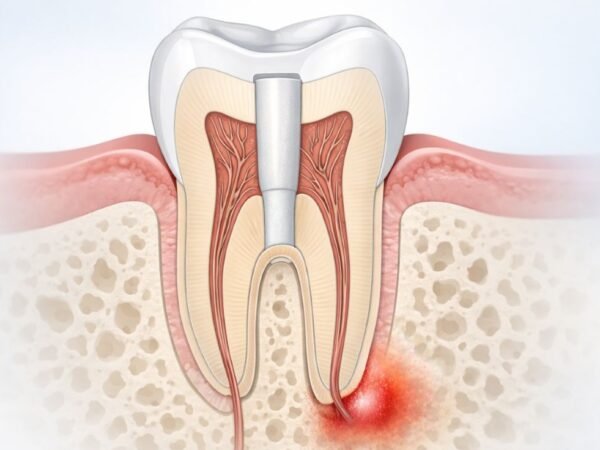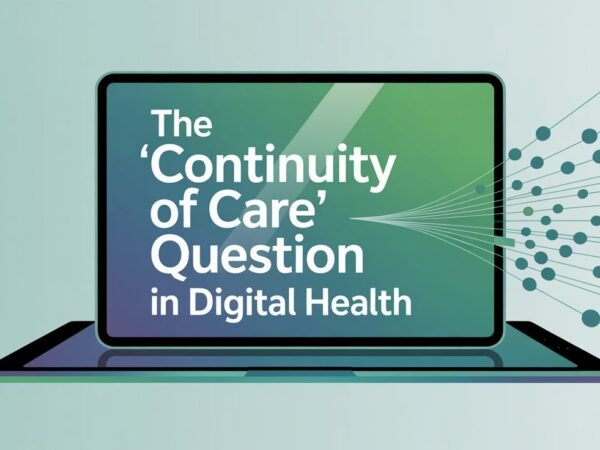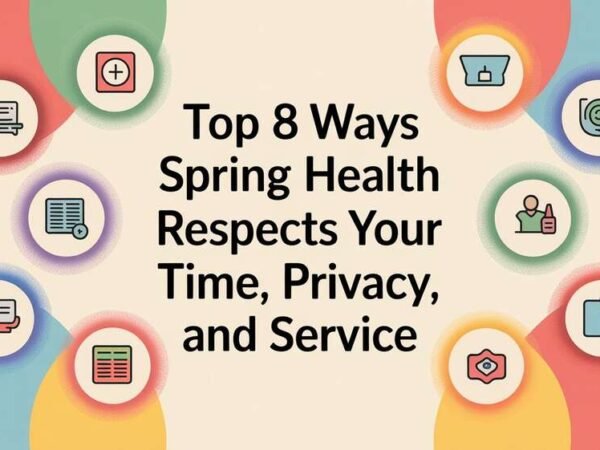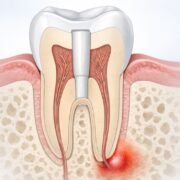A smile is more than teeth—it’s how we say hello to the world. When we smile, we connect. We show kindness, courage, and joy. But for some, smiling feels hard. Dental care isn’t just about fixing cavities or cleaning teeth. It’s about healing hurt, rebuilding confidence, and offering comfort when it’s needed most. Many people avoid the dentist because of fear, embarrassment, or past trauma. Others feel like they’ve waited too long, and now it’s too late. But here’s the truth—it’s never too late to feel better.
The Emotional Weight of Dental Neglect
When Pain Is Easier Than Shame
Some people live with pain because they fear being judged. The thought of someone seeing their teeth brings more anxiety than the pain itself. Dental neglect becomes a secret—hidden behind closed lips and fake laughs. Whether it started with childhood trauma or financial struggle, ignoring oral health doesn’t come from laziness. It stems from fear, shame, and the feeling that one does not deserve care. But you do.
How Dental Fear Builds Over Time
Fear grows in silence. One skipped appointment becomes years. A bad experience in childhood with a rough dentist or an unexpected procedure can make anyone wary of dental care. The sound of tools, the smell of gloves, and even the chair can trigger worry. This fear, known as dental anxiety, is real. And without support, it can keep someone away for a lifetime.
The Social Cost of Hiding Your Smile
A missing tooth. Yellow stains. Swollen gums. These small things become significant when they stop you from smiling. People avoid talking, laughing, or taking photos. They may cover their mouth or look down. The cost isn’t just physical—it’s emotional. The pain of feeling “less than” because of your teeth can touch every part of life, from jobs to relationships.
Restoring Trust Through Gentle Dental Care
How Empathy Replaces Fear in the Chair
The best dental care starts with listening. Kind words and soft voices. A gentle approach. Dentists who understand fear help break down walls. They give patients time to breathe, to ask questions, to feel safe. Empathy turns a cold visit into a healing moment. And healing begins when you know you’re not alone.
Creating Safe Spaces for Nervous Patients
When clinics offer soft lighting, warm blankets, and calming music, they show care. But even more critical is emotional safety. Patients need to know that no one will scold them or make them feel small. With options like sedation dentistry or slow-paced visits, even the most nervous patients can start again—without shame, without pressure.
The Healing Power of a Non-Judgmental Approach
Everyone has a story. Whether it’s years of avoiding care or trying to fix things at home, people carry guilt. But dental teams that focus on solutions rather than dwelling on the past help alleviate that heavy feeling. There is no place for blame in a healing space. What matters is today—and the courage it took to walk through the door.
Dental Health as a Mirror of Self-Worth
What a Smile Says Without Words
A bright, healthy smile says, “I believe in myself.” It tells the world you’re open, ready, and confident. But a broken smile can whisper doubt, fear, or pain. The truth is, your mouth tells your story. And when it’s cared for, the message changes—from silence to strength.
Confidence Begins with Oral Comfort
Daily aches, sore gums, or loose teeth make it hard to speak, eat well, or feel relaxed. But when dental pain goes away, confidence blooms. You stand taller. You smile more. You stop hiding. Feeling comfortable in your mouth is one of the deepest forms of self-respect.
Treating the Person, Not Just the Teeth
Dental care isn’t just about drills and tools. It’s about people. Whole people. The patient in the chair isn’t just another mouth to fix. They’re a parent, a student, a worker, a dreamer. Treating the person means seeing their life, not just their teeth. And that kind of care leaves lasting change.
Building Lifelong Habits with Love
Teaching Kids That Care Is a Kindness
Dental habits begin young. But forcing a child into a scary chair doesn’t build trust. What does? Gentle brushing. Cheerful checkups. Celebrating small wins. When children learn that taking care of their teeth is a form of love—not punishment—they grow into adults who carry that kindness forward.
How Gentle Routines Shape Brave Adults
Routine is power. Brushing twice a day, flossing at night, and rinsing after eating sugar. These small actions become lifelong shields. Adults who had positive dental experiences as children are more likely to continue teaching their children and face cleanings without fear.
Encouragement Over Perfection
Not every floss is perfect. Not every visit is fun. And that’s okay. What matters is trying. Loving care comes from support, not scolding. Dentistry built on kindness helps people return, even after setbacks. It makes care feel like coming home.
When Dental Care Becomes Self-Care
The Intimate Ritual of Brushing and Flossing
Brushing your teeth isn’t just about hygiene. It’s a quiet moment—a time to care for yourself, to feel clean, fresh, and ready. Flossing becomes less about rules and more about tenderness toward your own body. It’s a small daily act that says, ‘I’m worth the effort.’
Turning Appointments into Acts of Self-Love
Showing up for a dental checkup is brave. It’s powerful. Every visit is a message to yourself that you deserve to feel good. You deserve to eat, talk, smile, and live without pain. Appointments are not chores—they’re acts of love.
Smiling Without Apology
There’s something magical about smiling without thinking twice. No hiding. No fear. Just joy. Dental care makes that possible. It gives people their power back—quietly, one appointment at a time.
Conclusion: You Deserve to Smile
You are not too late. You are not broken. Your smile matters. Dental care is not just a service—it’s a second chance. It’s healing for the quiet parts of ourselves we thought we had to keep hidden. It’s proof that we can begin again, even if it’s been years. So brush your teeth. Book that checkup. And when you’re ready, walk into that office knowing this: You are brave. You are worthy. And you deserve to smile—freely, thoroughly, and without apology.
Do Read: Best Hair Growth Supplements for Men: What Works to Fight Thinning Hair













